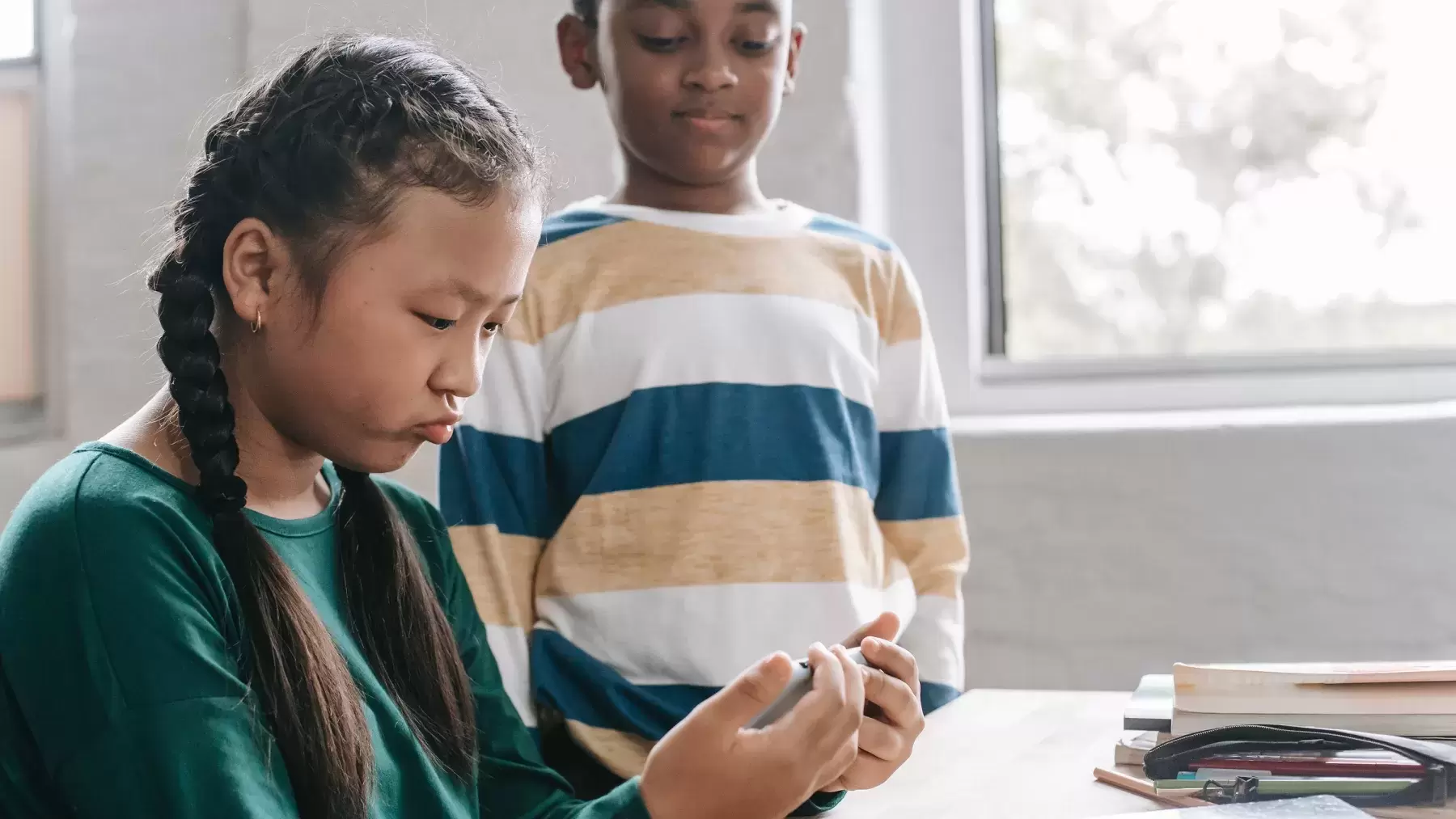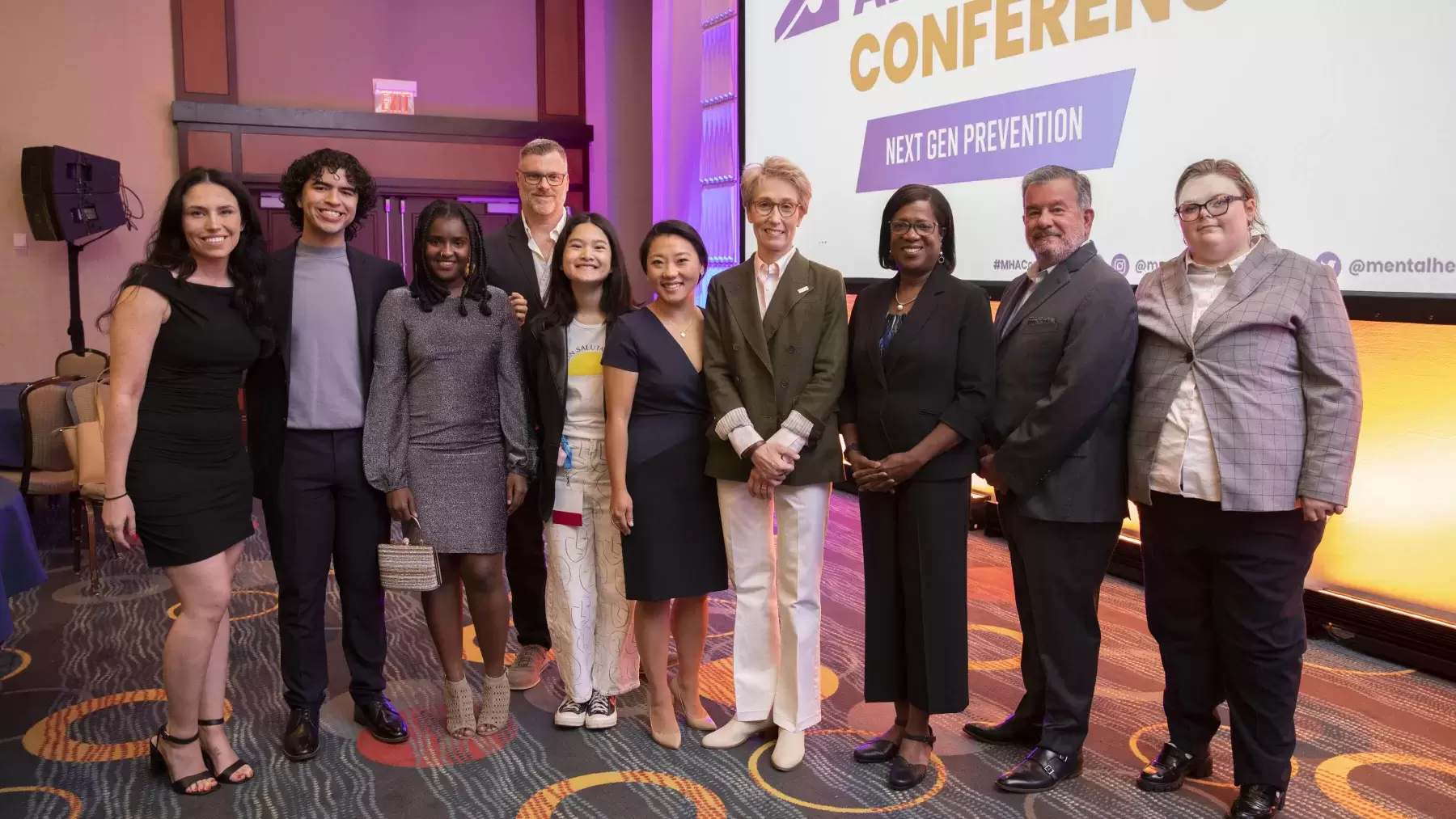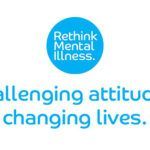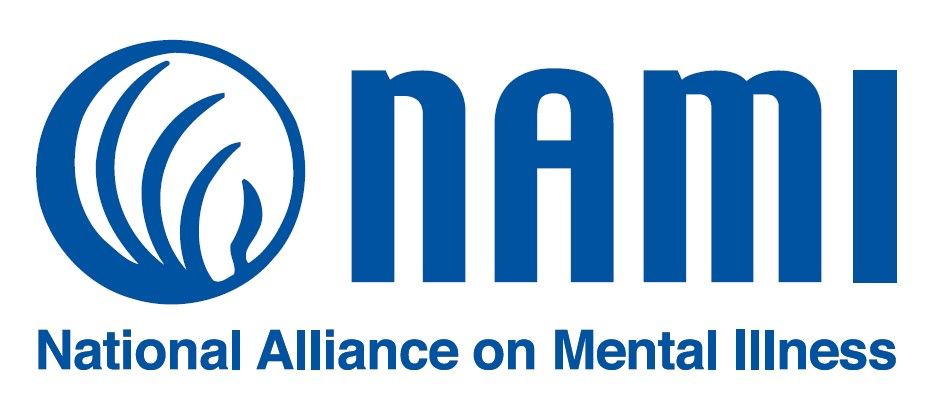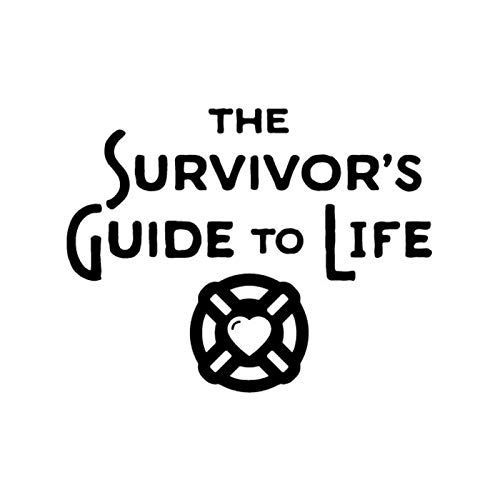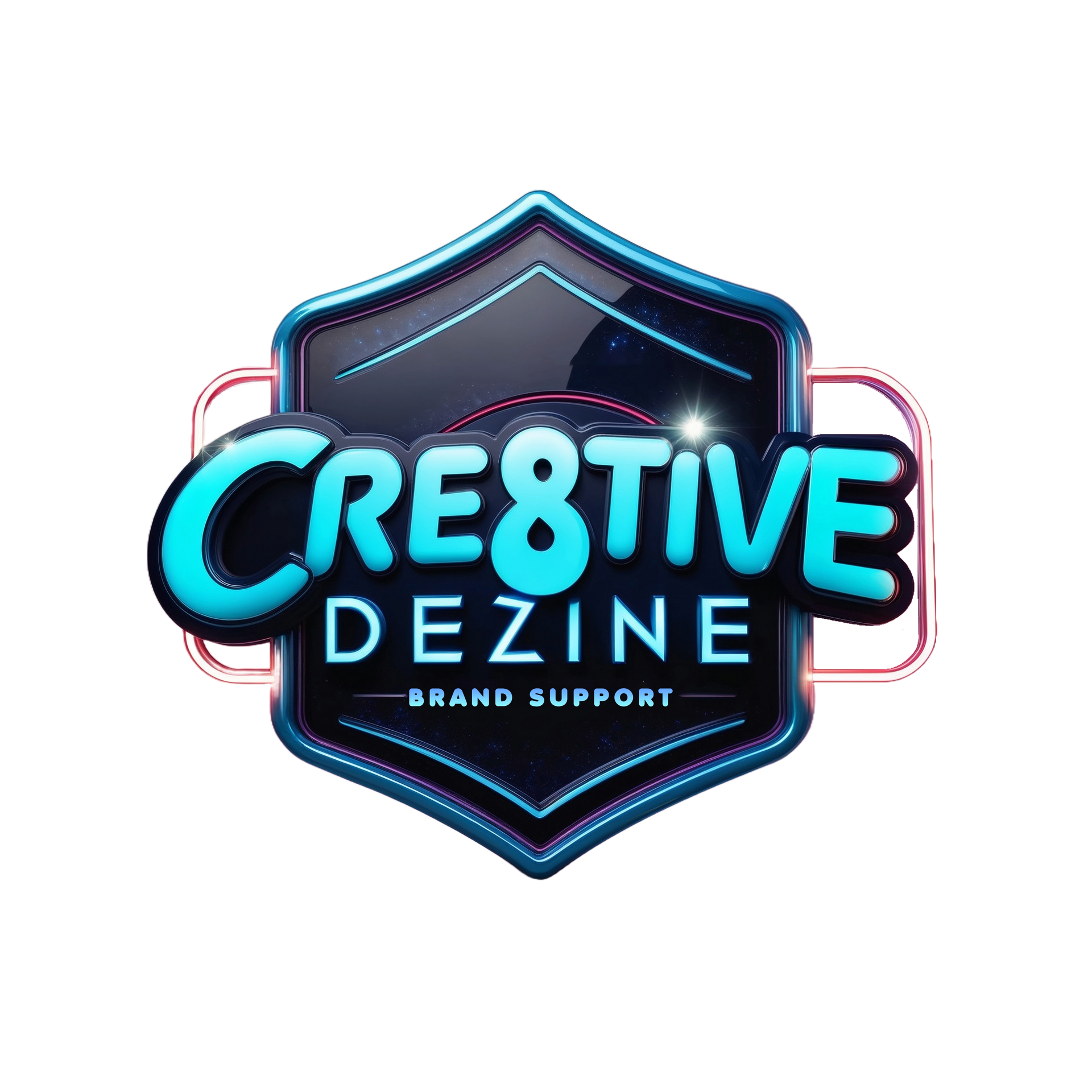{{Mental Health, Pets & You}}

Being a student in the 21st century requires modern skills and coping mechanisms. We have constant access to quick communication and information, which schools don’t prepare them for, making it hard to navigate the boundaries between the digital and physical worlds.
My name is Alexander Allin, a high school student in Maryland working to combat the mental health stigmas and lack of resources my peers experience. I’ve involved myself with mental health work since my freshman year, where I took a leadership role in my school’s mental health club, Our Minds Matter. Since then, I’ve joined several advocacy organizations, testified to the Maryland General Assembly, and graduated from Mental Health America’s Our Future In Mind program.
I became involved in mental health advocacy after seeing my friends and classmates have poor mental health and consider suicide. I’ve worked toward additional funding for mental health professionals, brought awareness to local mental health resources across my district, and participated in conversations surrounding school mental health to highlight the student experience.
How students experience mental health
As a student, academic pressures, social media, and community stigmas have impacted my and my peers’ poor mental health at school. When paired with a lack of resources, these pressures increase our risk of a mental health crisis.
As a rising junior in high school, academic pressures are visible when discussing college. Alongside my peers, I feel pressured to take many advanced-level classes and prepare for standardized tests that define my future career and education. Even with most colleges going test-optional, these scores are still important , greatly benefiting students’ chances at higher education.
Additionally, many students now can receive notifications about graded quizzes and assignments, sometimes even immediately after they take them. Personally, this can lead to feelings of distress as I instantly see the impact a failing grade has on my GPA, a number that can define my and my peers’ futures.
Social media also impacts students’ mental health, increasing anxiety and stress. Apps like Instagram, popular among teens, highlight the “perfect” aspects of someone’s life, creating unrealistic expectations. It also creates a cycle all students know too well of scrolling through social media to cope with stress after school, which can increase a negative self-image as algorithms serve emotionally heavy content to keep youth engaged. Posts of peers getting together without them, pro-eating disorder or self-harm content, and videos of tragic incidents (which invoke the same traumatic response when seen digitally) all impact a youth’s well-being.
Unfortunately, while students experience all these feelings, community stigmas can cause young people to feel unsafe talking about their emotions at home and with friends. However, when they try accessing already limited mental health resources at school, the lack of school-based professionals can cause them to feel even more isolated, increasing mental health problems. Eventually, students may develop negative coping habits like self-harm or substance abuse to deal with these emotions.
Combatting school stigmas
So, what can we do? Alongside additional funding for mental health professionals and resources, communities must combat stigmas by hosting events and creating open spaces for mental health conversations. For example, my school district hosts an annual “Mental Health Awareness Fair,” which discusses general mental health topics like depression and anxiety, connecting them to school resources.
Mental Health America’s toolkit, Selfies, Social, and Screens: Navigating Virtual Spaces for Youth , provides information on cyberbullying, cleaning up social feeds, and navigating a digital world. It’s a good point for youth to recognize the mental health risks of social media and healthily enjoy the digital world.
In addition, books like Mental Health America’s “Where to Start” can self-empower youth to describe their feelings and understand their experience – even if mental health is a taboo topic in their community.
Mental health is something invisible held by everyone. However, with stigmas causing people to feel like they need to bottle up their emotions until a crisis, it’s imperative to talk more about mental health in our communities – especially with youth – to have a healthy society.
